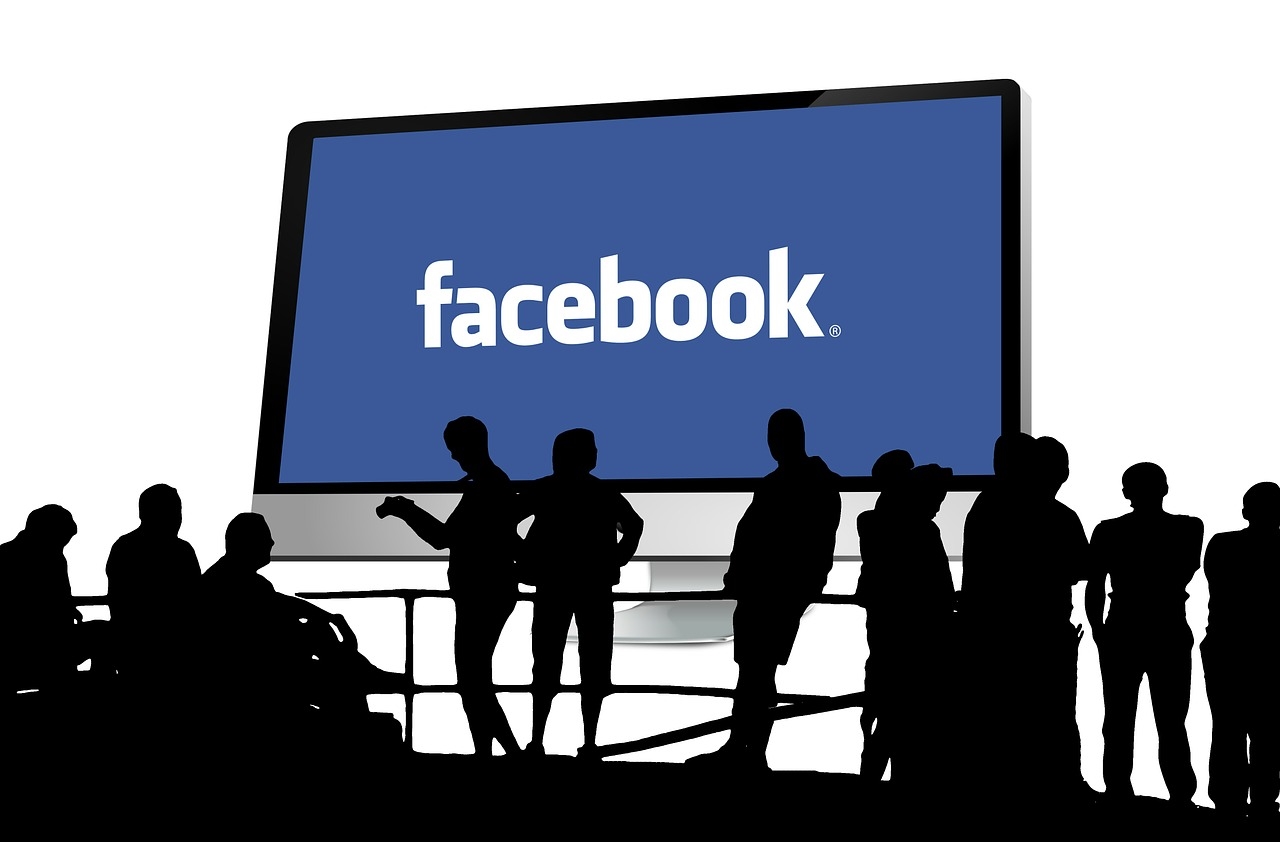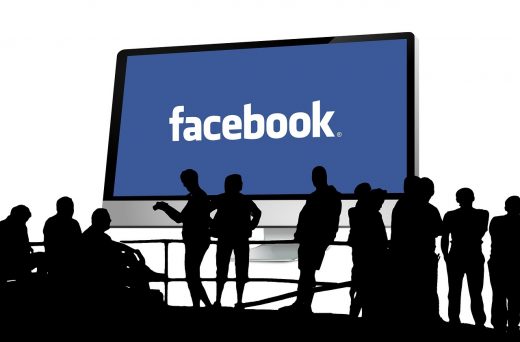How Zuckerberg Has Undermined Trust In The Facebook Brand
— January 15, 2019

In 2018, Mark Zuckerberg showed the world how a steady stream of blunders and insensitivity to consumers’ concerns over privacy and fake news has tragically damaged trust in the Facebook brand. The Facebook founder and CEO essentially traded a core value, privacy, for profits. His performance last year provides a classic case study for all companies on how to manage brand risk, or at least what not to do.
Facebook’s new mission statement says it seeks “to give people the power to build community and bring the world closer together.” A brand is basically a promise designed to create a trustful bond with customers. Facebook users provide personal data with the expectation and trust that Facebook’s promise to build this community would be delivered with full privacy protection. However, Zuckerberg’s actions in 2018 have created a perception that he has chosen profits over people, a misalignment negatively viewed by the public that is tarnishing Facebook’s brand reputation.
In general, the brand risks from social media companies like Facebook have become more disconcerting, as users all over the world have become aware of the cyber security issues and how easily their private data can be exposed. The 2018 Edelman Trust Barometer found that trust in social media is only 41% globally. With this declining trust, consumers have become intent on wanting brands to pressure social media platforms to more effectively:
- Safeguard personal data – 71%
- Curb the spread of fake news – 70%
- Shield them from offensive content – 68%
The deceitful performance of Zuckerberg last year has undermined trust in Facebook and reminded many of his arrogant behavior portrayed in the movie “The Social Network.” It started early last year when it was revealed that a third party had gained access to the personal data of 87 million Facebook users in 2015, but the company did little to address this. It seemed there was a privacy or fake news scandal every month in 2018. A few highlights:
- March 2018 – The world learned that Facebook exposed private data from 50 million users to an academic researcher who sold it to the analytical firm, Cambridge Analytica. Upsetting consumers more was the fact that this data was used in Trump’s Presidential advertising campaign.
- April 2018– Appearing before Congress, Zuckerberg tried to convince the world that Facebook “doesn’t sell data” to advertisers, stating this eight times in a condescending way. This may be technically true, but the public didn’t buy it in light of the sad reality of these data breaches.
- July 2018 – When Zuckerberg was asked why he would not ban an extreme conspiracy theory guy like Alex Jones, he dug himself a deeper hole by bringing up Holocaust deniers as an example of false news he would not take down. This explanation resulted in Facebook suffering the biggest stock sell-off in U.S. history, down $ 119 billion in one day, reflecting investors’ losing faith in the brand.
- December 2018 – Despite ongoing promises by Zuckerberg to add controls for privacy, it was disclosed that Facebook continued to grant access to personal data to other tech firms like Microsoft, Amazon, and Spotify.
This disturbing practice of making promises but not delivering on them has freaked out users, as well as the U.S. Congress, which is calling for greater oversight and stricter privacy laws. Zuckerberg may not have blatantly lied, but he was not forthcoming with the whole truth and his statements were often misleading, even deceitful. Facebook has since acknowledged that it cannot maximize both privacy and profits at the same time.
So what can we learn from this steady flow of brand risk scandals? Some suggestions:
- Preparation – Clearly Facebook underestimated its ability to control access to private data and the adverse reaction from consumers when these data breaches were exposed. A detailed assessment of such vulnerabilities would have led to a more observant company culture and tighter controls throughout.
- Timing and Credibility of Responses – After each scandal, Facebook waited several days to officially respond. These delays allowed the bad news to spread and fester, exacerbating the growing perception of deceit. While Zuckerberg did eventually admit fault (“I’m responsible for…), he should have been more specific.
- Apologize Convincingly – A sincere, direct apology can be a credible gesture of humility as the first step in restoring trust, something Zuckerberg never adequately conveyed.
- Proactive Redemption – Perhaps most important, detailed corrective action must be outlined to convince users that these problems would never happen again. Such preventative steps represent a promise, which must be delivered, something Facebook failed to do.
Social media is a powerful, engaging and enjoyable communication tool, but success will be accomplished only if users trust the brand behind it. The value of a brand comes not only from what a brand says, but more important from what it does. This defines a brand’s integrity and trust.
Digital & Social Articles on Business 2 Community
(18)


